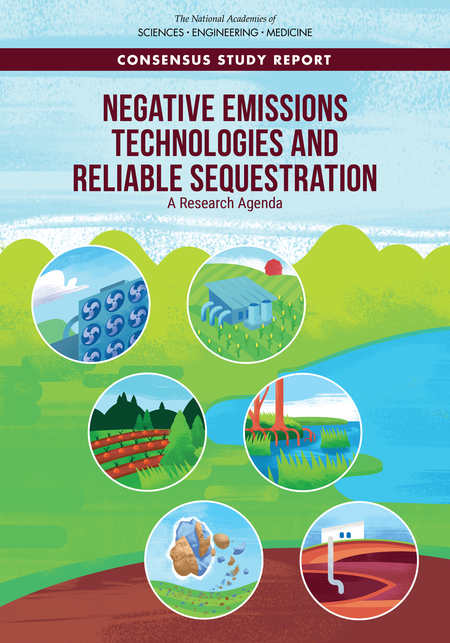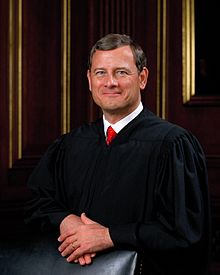General
The Affordable Clean Energy Rule Would Be Neither Affordable Nor Clean
Today marks the end of the public comment period on the proposed Affordable Clean Energy (“ACE”) rule, the EPA’s proposed replacement of the Clean Power Plan (“CPP”). The CPP is the Obama-era effort to limit emissions of greenhouse gases from fossil-fuel-fired power plants. For reasons laid out previously on this blog (see here and here, …
Continue reading “The Affordable Clean Energy Rule Would Be Neither Affordable Nor Clean”
CONTINUE READINGObama-Era Vehicle GHG Emission Standards Critical for Californians and Consumers
Berkeley Environmental Law Clinic’s Comments on the SAFE Vehicles Rule
On Friday, the comment period closed on EPA’s proposed “Safer Affordable Fuel-Efficient Vehicles (SAFE) Rule.” The rule would roll back Obama-era vehicle GHG emissions standards and rescind California’s preemption waiver, which allows the state to maintain its own standards. 83 Fed. Reg. 42986 (Aug. 24, 2018). The UC Berkeley Environmental Law Clinic (ELC) submitted two …
Continue reading “Obama-Era Vehicle GHG Emission Standards Critical for Californians and Consumers”
CONTINUE READINGNegative Greenhouse Gas Emissions, the National Academies, and the Law
What does the scaling-up of negative emissions technologies for environmental law?
In my previous posts , I described how most emissions scenarios that are expected to keep warming within 2 or 1.5°C rely on negative emissions technologies (NETs) at large scales and how the new report from the Intergovernmental Panel on Climate Change addresses NETs (as well as how solar geoengineering could offer an additional means to …
Continue reading “Negative Greenhouse Gas Emissions, the National Academies, and the Law”
CONTINUE READINGA Global Standard for a Global Problem
Emmett Institute Submits Comment in Support of CARB’s Proposed Tropical Forest Standard
The Emmett Institute submitted a comment to the California Air Resources Board (CARB) yesterday in support of its proposed Tropical Forest Standard (“Standard”). If approved, this Standard would provide CARB a set of criteria to follow when determining whether to trade tropical forest offsets between California’s Cap and Trade Program and a foreign emissions trading …
Continue reading “A Global Standard for a Global Problem”
CONTINUE READINGNot “SAFE” For California
Emmett Institute Submits Comments on Trump Administration’s Proposed Rollback of California Motor Vehicle Emission Standards Waiver
Today, the Emmett Institute submitted comment letters to EPA and NHTSA urging the withdrawal of the Trump Administration’s so-called “Safer Affordable Fuel-Efficient” Vehicles Rule for Model Years 2021-2026 Passenger Cars and Light Trucks. The proposed rule would freeze federal fuel economy standards for MY 2021-2026 vehicles at 2020 levels, and revoke California’s waiver, granted five years …
Continue reading “Not “SAFE” For California”
CONTINUE READINGAmerican Journal of International Law Publishes Symposium on Climate Change Localism
The online alter ego of the American Journal of International Law, AJIL Unbound, has just published its symposium on Climate Change Localism. The symposium explores the implications of subnational actors’ efforts to address climate change. The explosion of initiatives and declarations in recent years outside the federal government, ranging from state and local governments to …
CONTINUE READINGSupreme Court Stays Upcoming Juliana Trial
Chief Justice Roberts’ Order a Major Win for the Trump Administration
The presently-constituted U.S. Supreme Court doesn’t seem to care for climate change litigation or regulation. On Friday the Supreme Court took the extraordinary step of freezing pending discovery and the scheduled October 29th trial date in the closely-watched Juliana v. United States litigation. In a brief order, Chief Justice Roberts stayed all district court proceedings …
Continue reading “Supreme Court Stays Upcoming Juliana Trial”
CONTINUE READINGThe Wild & Scenic Rivers Act Turns 50
Celebrating a Half Century of Protecting America’s Rivers–& Hoping for More River Conservation Ahead
1968 was an especially tumultuous year in modern American history. The nation endured the assassinations of both Martin Luther King, Jr. and Robert F. Kennedy; then-President Lyndon Johnson announced he would not seek reelection due to growing public dissatisfaction with the government’s conduct of the Vietnam War; and protests and riots consumed Chicago, Detroit, Washington, …
Continue reading “The Wild & Scenic Rivers Act Turns 50”
CONTINUE READINGThe Elephant In The Atmosphere
The IPCC’s report rings alarm bells on climate change.
As many major news outlets have reported, the UN’s Intergovernmental Panel on Climate Change (“IPCC”) released a special report last Saturday detailing the harmful effects of global warming at 1.5 degrees Celsius above pre-industrial levels. This new threshold number is significant. The Paris Agreement on climate change aims to limit global warming to 2 degrees Celsius, …
Continue reading “The Elephant In The Atmosphere”
CONTINUE READINGTrump Administration’s Quiet Policy Change Could More Than Double Hazardous Air Pollution in California
Change in MACT applicability could result in 935 additional tons of toxic pollution emitted by stationary sources in the state each year
Earlier this year, EPA made a major policy change in how the agency evaluates stationary sources of hazardous air pollutants in a memorandum quietly issued without any warning or opportunity for public comment. This policy change was promptly challenged by California and two different coalitions of environmental and community groups (one suit was filed by …
CONTINUE READING










